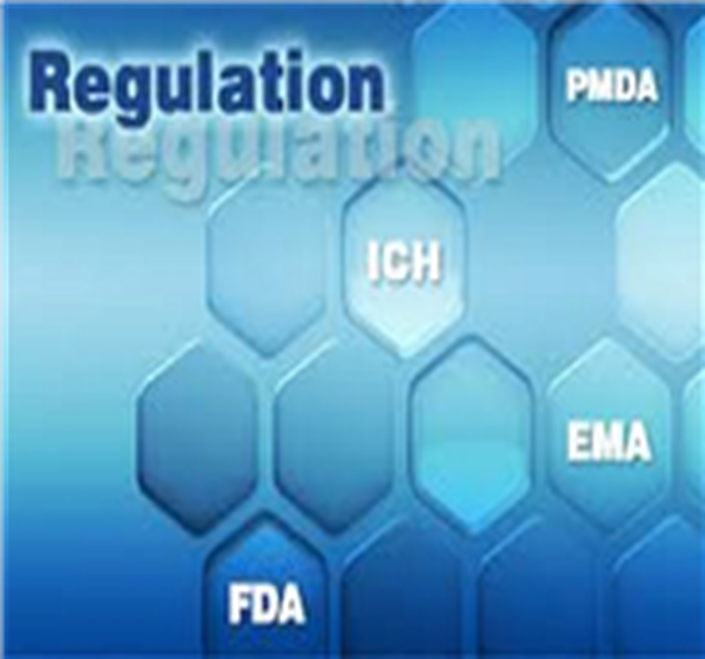Click to download Course Brochure
Effective Technical Writing Course Description
This virtual seminar will begin with a general discussion of technical writing and its role within the life sciences.
Technical writing is defined as simplifying the complex. Implied in this deceptively simple definition is an entire range of skills and characteristics that touch upon a broad range of human performance characteristics and needs.
What do technical writers in the life sciences write? They write standard operating procedures, work instructions, job aids, batch records, reports, journal papers, manuals, user directions, label information, etc. It is not the role of technical writing to entertain or to showcase the educational level and importance of the writer. In the technical writing realm, writing simply for anyone to understand is the demonstration of excellence and superior writing skill.
An effective technical writer must consider many aspects of the craft to be truly effective. Writers, must adopt and apply the form and style of the industry in which they work as there are differences, for example, between the documents written for a pharmaceutical production operation versus the creation of scientific journal articles. Writers must understand their audience in terms of their needs and abilities and the level of explanation that they require as well as their command of the language in which the material is written. They must have a complete and unwavering dedication to accuracy and consistency. Technical writers must understand and be skilled at collaboration as that is how accuracy is achieved – by harvesting information from subject matter experts.
(RAPS - This course has been pre-approved by RAPS as eligible for up to 12 credits towards a participant's RAC recertification upon full completion)
3 Day Agenda
This seminar will address the following:
Technical Writing Overview
- What is technical writing
- What role does technical writing play in the life sciences?
- Essential elements of technical report sections
- Learn strategies for organizing, writing, editing, and proofing documents & correspondences.
Technical Writing Basic rules and skills required for technical writers.
- How to begin the process
- How to collect information and determine what information is required
- Formats, consistency and styles
- Non-native audience considerations
- Grammar, spelling, punctuation, numbers and symbols
- Simplify your writing
- Ensuring accuracy
- Active and passive voice
- Misconceptions and ambiguities
- Antecedents
Knowing the Audience
- Analyzing the audience
- Analyzing the information – working with Subject Matter Experts
- Know how to review and revise documents.
- How to address comments from reviewers
- How to negotiate with reviewers when disagreements arise between reviewers
- Assessing and writing to the audience to produce effective written correspondence.
- Effective techniques for extracting information from SMEs
Regulatory Requirements
- FDA expectations for quality of written text in submitted documents.
- Common opportunities that are often overlooked or under-estimated by aspiring writers.
- Technical writers in the life sciences – what do they write – types of medium.
- Mandates for documentation set forth by regulators, such as the FDA, the International Organization for Standardization (ISO), and other governing bodies.
- How to write effective summaries and respond to FDA requests for information.
Final Document – Editing basics
- How to incorporate comments into the final document
- How to obtain comments in order to address timelines
- Final approval of the document
- Critical aspect of writing technical documents for the life sciences will be
Summary
- Writing submissions – structure and techniques
- Writing investigations
Learning Objective
- Execute the technical writing process to effectively create your document.
- Explain the results and impact of poor technical writing.
- Execute an effective writing process.
- Apply the principles of effective technical writing.
Why Should You Attend
Even with the advent of technology, we still communicate with the written word. Technical writing is about conveying information quickly, accurately, clearly, and succinctly. How we communicate, how we are understood, and how the message is received directly depends upon our skills as technical writers. In the life sciences, this skill is exceedingly important.
In the life sciences, the stakes are high in terms of the writing’s ability to enable 100% accurate understanding of the content and where applicable, performance of the task or procedure documented. In the life sciences, that could mean the difference between life or death, safety or injury, loss or recovery, contamination or purity, success or failure.
Unfortunately, technical writing is not a skill that is given much emphasis in college curriculums if any. Technical writing is a skill life sciences workers are assumed to have and are expected to demonstrate at a level of skill usually beyond the capability of most. Unfortunately, most readers of technical writing are in the “same boat.” They “don’t know a good one when they see one.” At the end of the day, in most cases, you have mediocre writing at best that may or may not convey the message intended.
This virtual seminar will walk you through the technical writing process from start to finish. Each critical aspect of writing technical documents for the life sciences will be addressed with the goal of helping you become a better technical writer. The tips and skills presented can be applied immediately and will be evident in the very first document that you write after this virtual seminar.
Who Should Attend Technical Writing Course
Anyone in the life sciences that is tasked with writing technical material to include standard operating procedures and work instructions . This course will benefit professionals from new joinees to managers in the pharmaceutical, medical device, biologics and related health industries who would like to write more effective documents
Job Functions
Engineering
Research & development Compliance
Regulatory
Operations
Analytical
Logistics/Supply chain
Training & Development
Technical Services.
Job Titles – Associates, Supervisors, Managers, Associate Directors, Directors , Clinical Research, Scientists etc.
How to Attend:
All WCS Seminar live training programs audio and visuals are delivered via Go to Webinar with a basic system requirement of a computer with internet access. You do not require a Go to Webinar account to join WCS Seminars’ live training courses, participants receive an email invitation that provides the access you need to join the meeting.

Faculty Charles H. Paul ( 25+ yrs exp.)
Tobyhanna, Pennsylvania, United States
Charles H. Paul is the President of C. H. Paul Consulting, Inc. – a regulatory, training, and technical documentation consulting firm. Charles is a management consultant, instructional designer and regulatory consultant and has led C. H. Paul Consulting, Inc. since its inception over 25 years ago. He regularly consults with Fortune 500 pharmaceutical, medical device, and biotechnology firms assisting them in achieving human resource, regulatory, and operational excellence. He is a regular presenter of webinars and on-site seminars in a variety of related subjects from documentation development to establishing compliant preventive maintenance systems.
The firm works globally completing projects throughout the EU, UK, South America, and Asia.





